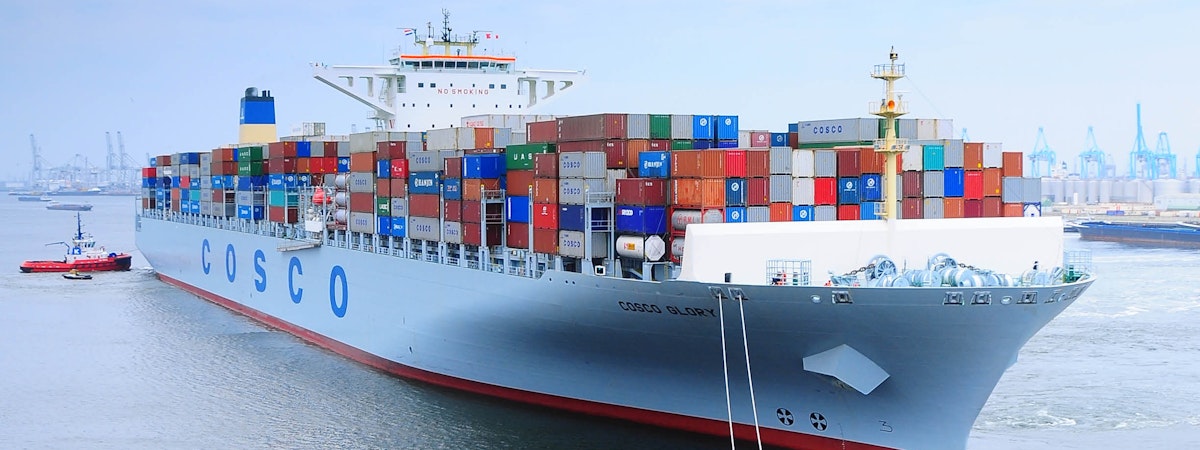
Bunker Licence in Dutch ports
After years of preparation and discussions Rotterdam will follow ports such as Singapore and Gibraltar in obliging bunker suppliers to have a licence. This obligation will apply as from 1 February 2021 in all seaports in the Rotterdam and Amsterdam region.
What does this mean? It means that a carrier needs to have a licence for the transportation of bunkers, defined as heavy fuel oil, gasoil and bio-diesel (for LNG a licence was already required) from land to seagoing shipboard or between vessels. Background is ensuring quality and transparency.
The port authority of Rotterdam (for the Rotterdam area ports) and/or of Amsterdam (for the North Sea canal ports) will issue a licence provided that certain criteria have been met. The conditions relate to procedures and documents, not to the actual quality or quantity delivered. Other than in Singapore, there is no requirement to use mass flow meters (MFM).
Procedures and documents relate to (i) professional qualifications of the carrier, such as a declaration of behaviour (verklaring omtrent gedrag), (ii) financial stability of the carrier, (iii) having a quality management system and (iv) specific equipment such as calibrated sample instruments, sample flasks/containers, (v) following specific procedures such as the method of sampling, (vi) completing/having available certain forms/documents such as a voyage/cargo manifest, Bunker Request Form, Bunker Delivery Note, quality certificate of the bunkers and measurement reports, and (vii) giving notices of bunker operations to the port authority. For debunkering additional requirement s exist. Blending is only allowed with prior consent of the Inspectorate (ILENT).
Disputes and complaints may be filed with the port authority. In the regulation it is not mentioned what the consequences of a complaint is, other than that this can lead to more specific enforcement.
A licence will be valid for a period of two years. Before the end of that period an evaluation will be made to decide whether and if so on what conditions an extension may be given. Obviously complaints will be taken into consideration. After one year the system will be evaluated, which may lead to a decision to mandatorily prescribe the use of a MFM.